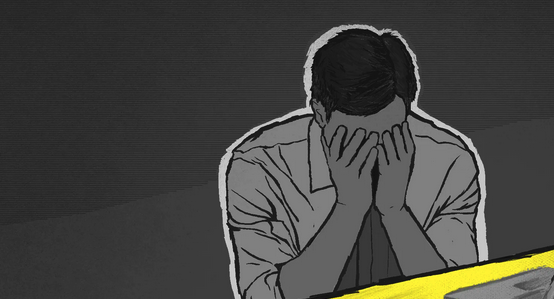In West Michigan and around the nation, most of the news about unemployment is good. Overall, rates have returned to their pre-recession levels and millions of jobs have been added. However, long-term unemployment has remained a significant problem for many Americans—one that creates social as well as economic complications.
Decreasing unemployment rates can be deceptive
The numbers behind unemployment rates can be deceptive. The Century Foundation reports that “…even with an unemployment rate below 5 percent, bouts of unemployment are longer, a sign that many are struggling to find work—over 1.78 million people have been out of work for six months or more.”
While unemployment rates have, on average, recovered from the Great Recession, long-term unemployment levels have been stubborn. Close to 8% of those who are unemployed have been jobless for between six months and a year. This is the same level of long-term unemployment as in 2007.
Difficulty finding employment, even in today’s tight labor market, is often because of a lack of education and skills. Today, unlike during the Great Recession, there are many jobs available. However, many jobless Americans do not have the necessary skills or training for these jobs.
Long-term unemployment’s dangerous impact
Long-term unemployment often results in mental health issues which can sometimes become life-threatening. According to a 2013 Gallup poll, “the longer that Americans are unemployed, the more likely they are to report signs of poor psychological well-being.” Psychologists have long understood the relationship between unemployment and psychological ailments such as depression, anxiety, low self-esteem, and addiction or substance abuse.
However, the cause is not necessarily clear. It is possible that mental health conditions are the result of long-term unemployment, lead to long-term unemployment, or that the two occur hand-in-hand. Those with depression are more likely to miss work, costing employers an estimated $23 billion annually. For this reason, employers may choose to fire an employee whose mental illness is hindering them in the workplace.
Regardless, researchers Anne Case and Angus Deaton found that “a lack of steady, well-paying jobs without college degrees has caused pain, distress and social dysfunction to build up over time.” They found an increase in “deaths of despair” (or deaths which are the result of suicide, alcohol-related disease, overdoses, etc.) for whites ages 45-54. The overall mortality rate in this group increased by half a percent each year between 1999 and 2013.
This coincides with the decline of the American working class and is an abnormal trend. Typically, mortality rates fall over time in most countries for all groups. In fact, mortality rates are falling, as they are normally expected to, for American adults with college degrees.
Efforts to decrease long-term unemployment
The issue of long-term unemployment is not a hopeless situation. The long-term unemployed can find new jobs and careers by gaining new skills and education. It is difficult for those without post-secondary degrees or training to find employment, so programs should adapt for “non-traditional” students. Apprenticeships and up-skilling also offer some relief to those lacking skills and training who may not be interested or able to participate in traditional college education.
Experts also say that keeping consistent schedules and being proactive about job-searching by networking or reaching out to resources can help combat the mental health issues associated with long-term unemployment. Volunteering is one way that people facing unemployment can make connections, build resumes, and stay busy.
What do you think is the best way to decrease long-term unemployment? What should be done to help those in West Michigan facing this problem? Let us know on Twitter, Facebook, or LinkedIn.


